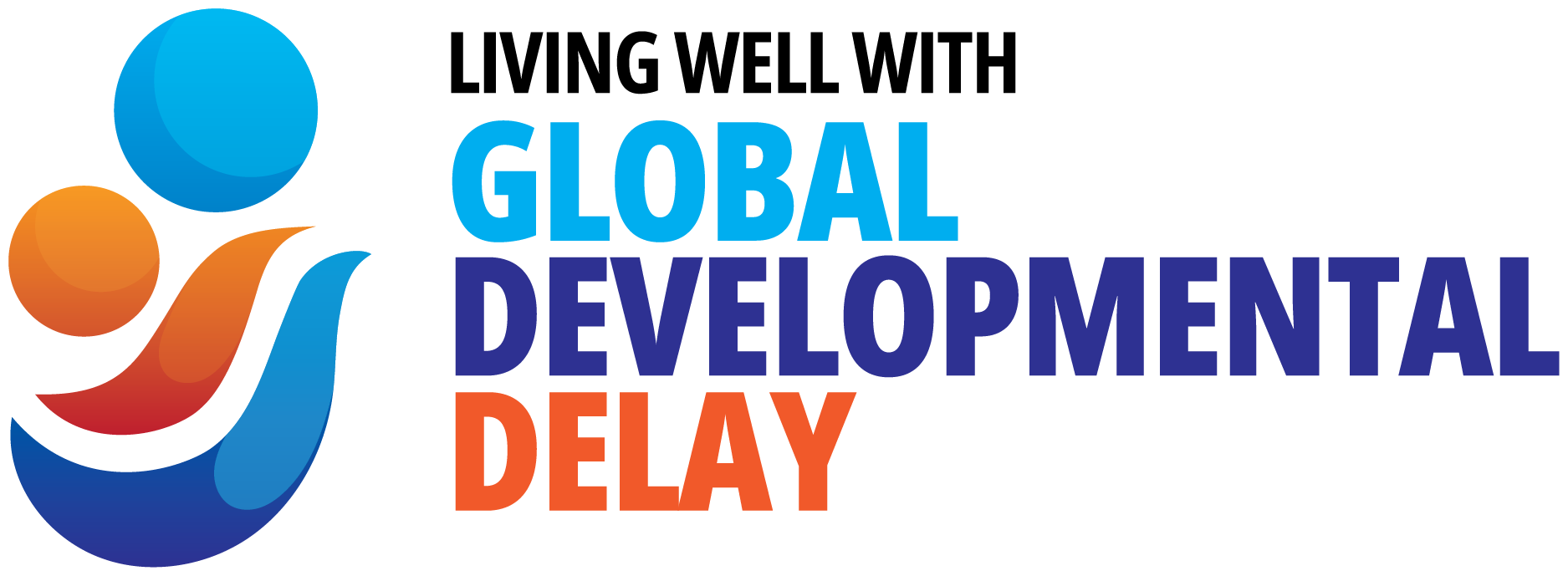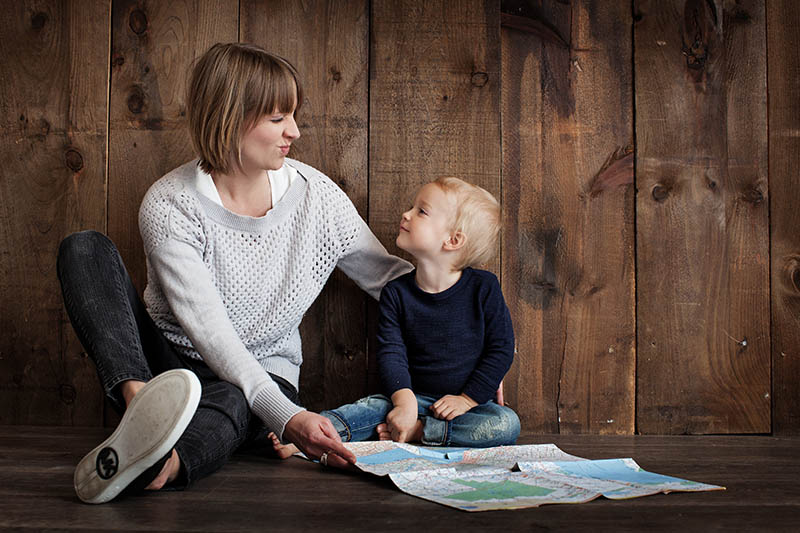Parenting a child with global developmental delay involves a long-term commitment, but there are things you can do to make the journey easier. The end result can be more positive than you could have imagined at the beginning.
For all parents, raising children is a journey, with many ups and downs along the way. For parents of children with global developmental delay, that journey can appear to be harder, and the final destination more uncertain.
Here are some thoughts on what to expect, and how to support yourself on the way.

